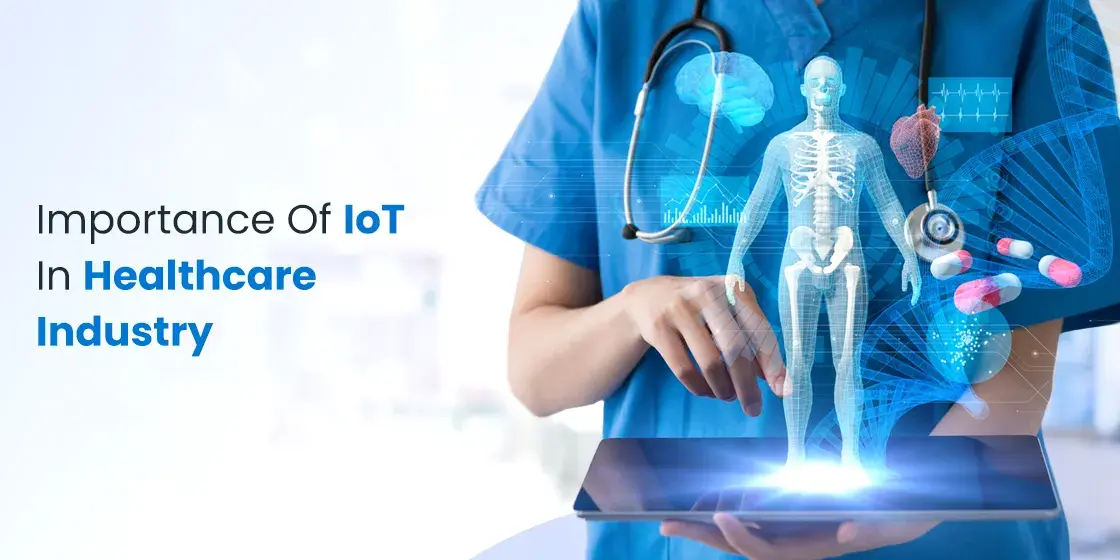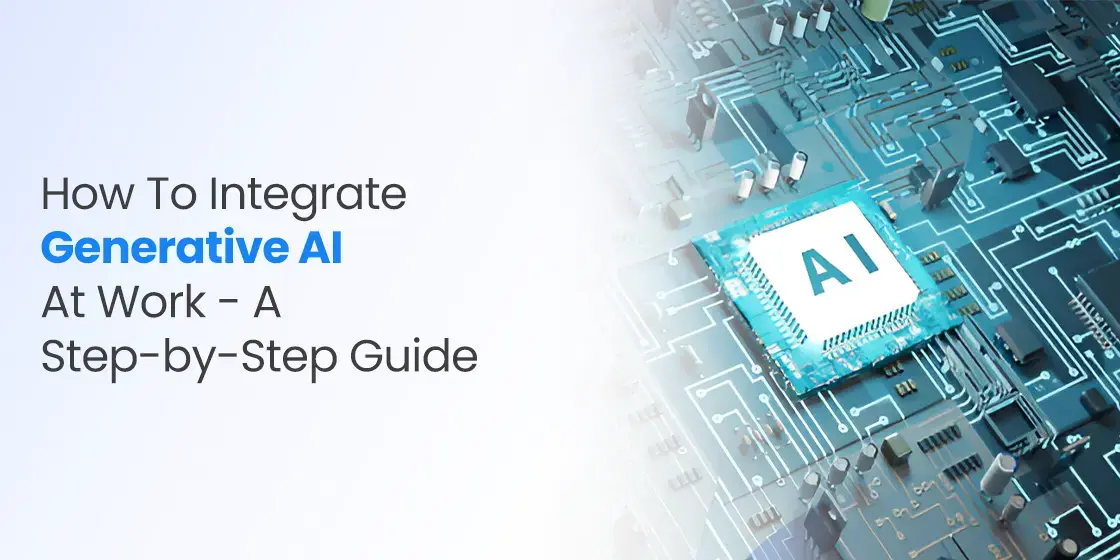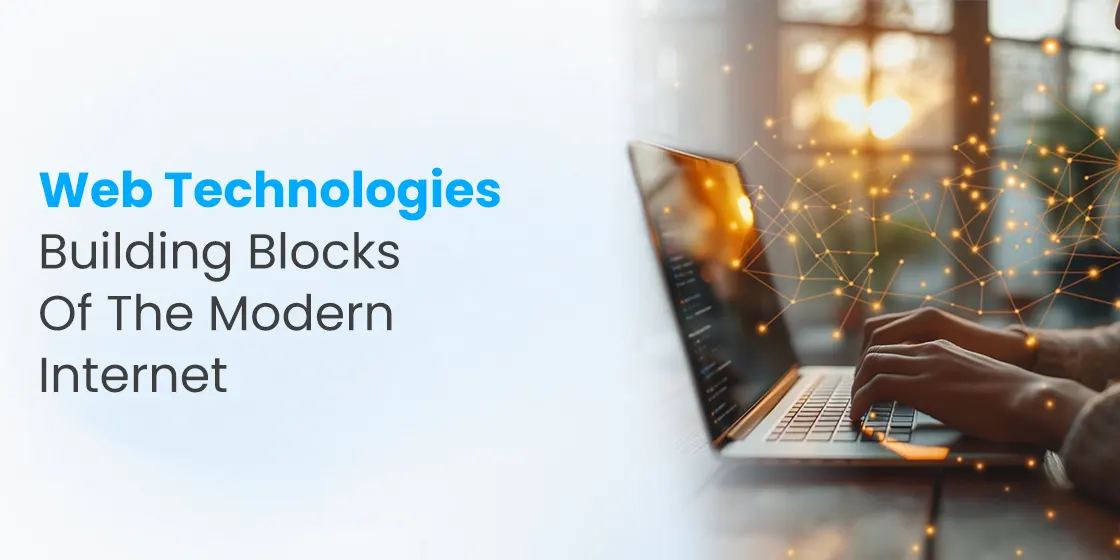Table of Content
Take a Look at the Importance of IoT in Healthcare Below
We all know quite well that the advancement in healthcare industry is directly connected to the tech industry. Over the years, we have seen the trend how different healthcare functions are augmented by using latest technologies. Now, the evolution of IoT is once again proving the fact that healthcare needs advancement of technology to excel swiftly. The prospect of IoT in healthcare is certainly huge, provided all the methodologies and processes are followed accurately. Those who have understood this fact are now leveraging the benefits of automation which is basically the main selling point of this technology.
Currently, IoT has become a talk of the town in the tech world. Its great potential to connect different things together and build a unified platform to perform various tasks is simply exemplary. It is not just beneficial for one sector, instead, the applications of IoT are countless, provided right processes and components are used to build a system. This case stands true for the prospect of IoT in healthcare as well. It is indeed a key sector where IoT can play a big role in revolutionizing everything, because many healthcare functions still need a push from the tech sector.
Unfortunately, many people do not know about this fact, because they simply think that IoT is only connected with the tech world. Yes, the bases of IoT are laid with custom software development, but its applications and association can be formed with different industries. The healthcare sector is certainly one of them, and in this blog, we will discuss exactly about that. We will let you know how IoT can transform the healthcare industry and automate several processes that are still being done manually.
So, without wasting much time, lets start from the basics understanding why IoT is quickly becoming important in the world.
Rising Prominence of IoT
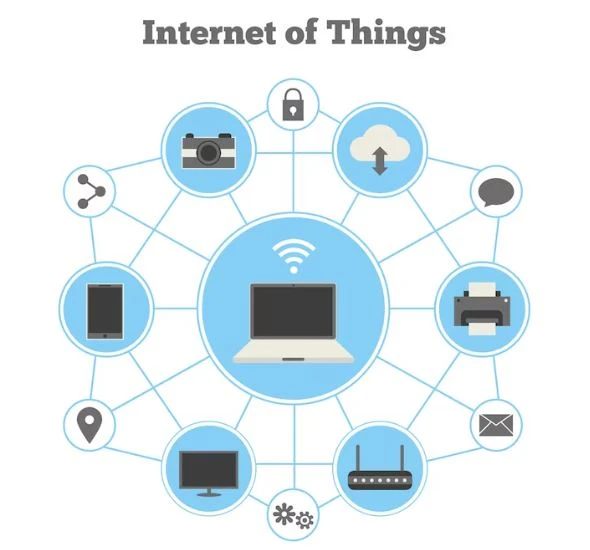
During the last few years, IoT has taken a center stage in the tech world. Its rise has remained exemplary because everyone has seen the potential of this technology for the future world. They have seen how IoT can connect different components together to build an environment where users can access everything via internet. From traffic management to security monitoring, administrators can use IoT technology to manage everything by using just one platform. It works like a web of technology spread everywhere, connecting different components and tools inside a system that is used for management.
The good thing about IoT is that its applications are found in almost every industry. From healthcare to retail, IoT offers lot of promises for some of the major commercial fields. For instance, IoT in retail is literally transforming the processes of in-store navigation. It is offering retail store owners a new way to analyze how customers are shopping, and what type of products they are liking the most. This type of information always proves to be important, as it allows them to prepare better mechanisms to facilitate these shoppers more.
Similarly, there are many benefits of using IoT in transportation. It provides administrators a more organized way to manage traffic anywhere in the city. With the help of IoT-based sensors, system can analyze the flow of traffic growing/decreasing in different routes. This information allows administrators to take real-time decisions without going into any ambiguity. It is very useful to manage traffic, especially in those cities where flow always remain on the high side.
IoT in Healthcare: Emerging Trends to Follow
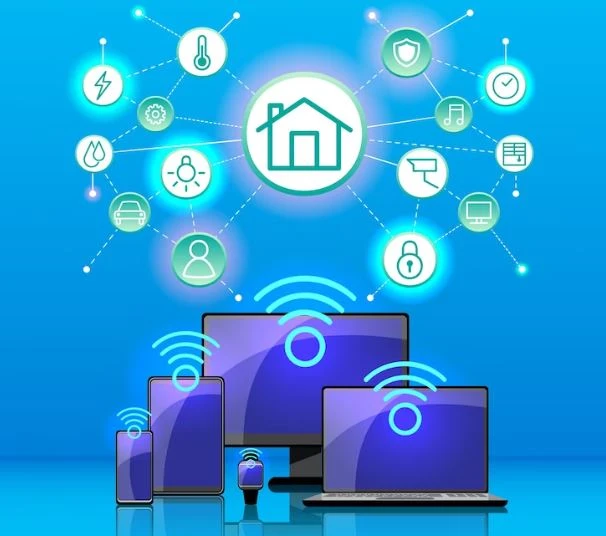
IoT is bringing a lot of possibilities for the healthcare sector. From big data to edge computing, there are different ways with which IoT can transform different processes of healthcare. It is therefore important for stakeholders to find out those areas where IoT can offer maximum impact. It is best advised to first create a SOW document to list down the expected possibilities, as that allows both software developers and clients to remain on the same page.
To know about the current trends of IoT that can streamline different functions in the healthcare industry, take a look at the points defined below. It will let you know about the current IoT practices that will help medical institutions to manage different critical tasks efficiently.
Utilizing Big Data
Big data analytics is a rising field in the tech industry. It allows administrators to look into the structured/unstructured data deeply. This process helps to extract various types of valuable information that are hidden deep inside the chains of this amorphous data. So, big data analysis becomes extremely important in the healthcare industry. We all know very well that there are many cases in the medical field that are quite complex, and analyzing their data often becomes difficult for the physicians/doctors.
This is where IoT-powered big data analysis comes into play. It provides a stunning organized method to the doctors to correctly extract and study valuable data from the unstructured chunk. In this way, they can prescribe the solutions better without getting confused or puzzled. Big data analysis can help them to form predictive models that will help to detect critical problems present inside any special case. All of these processes becomes more smooth and fast with the integration of IoT-based systems. It is certainly very useful, provided all the methodologies for integration are followed correctly.
Edge Computing
Talking about the basic definition of IoT, it generally refers to the combination of different components in a stacked connected environment. This include types of devices such as smart sensors, Wi-Fi operators, and more others. The performance of these devices depends on the latency speed they are receiving through the internet. If this speed is not optimized, then these devices will not function properly, no matter how good they are. This is the point where the understanding of edge computing becomes important. It is a method with which administrators can optimize the latency speed, so that everything can work fine according to the given functional requirements.
In medical organizations, there are a lot of tech devices installed at every place. When these devices are connected with the IoT-based network, they are supposed to work swiftly using high speed internet. However, if some issues persist in the network, then administrators need to use the method of edge computing to solve that problem. In this method, AI-based algorithms automatically balance the speed of different devices, so that every component can get the required communication speed accordingly.
Deep Learning
Like as said above, there are many cases in medical that requires in-depth analysis. The reason is that these cases are quite complex, hence finding any relevant data that can solve them often looks to be a difficult task for doctors. In these type of cases, they require something that can help them to extract valuable information. Luckily, with the help of deep learning technology, they can handle these type of cases effectively. This is a highly advanced technology that works on predictive models to find out useful information hidden deep inside the data.
When the IoT-based systems are built using deep learning technology, it becomes easy for every connected device to use the power of machine learning. It provides them a leverage to work smoothly without worrying about the complexity of data. This is why deep learning technology is becoming important for medical organizations, as it allows their doctors to study different types of data with more targeted accuracy.
Important Benefits of IoT in Healthcare
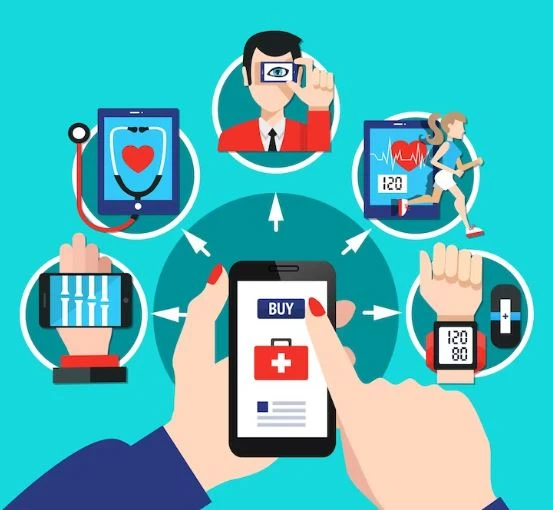
It is quite important to understand how IoT is revolutionizing different commercial sectors. Those who are connected to the healthcare industry, must need to know how IoT is taking their field to the new heights of advancements. It is a technology that not only connects multiple devices together, but also ensures to establish a unified environment where everything works cohesively in a combination.
If you do not know how beneficial IoT is becoming for healthcare, take a look at the key advantages given below.
Continuous Health Monitoring
The functioning of IoT depends on the smart devices which usually vary according to the dynamics of different industries. Smart healthcare devices, such as fitness bands, heart rate monitoring cuffs, blood pressure measuring bands, and others can provide patients with real-time personalized health information. These devices can remind patients to stay hydrated, track their calorie intake, and improve their exercise routine. They can also detect changes in blood pressure and blood sugar levels, which can help patients manage their chronic conditions.
For elderly patients, it is especially important to track their health conditions on a daily basis. Smart healthcare devices can make this task easier by sending alerts to patients and their family members if there are any unexpected changes in their health. This can help to prevent serious health problems and keep elderly patients safe.
Elevates Healthcare Processes
The Internet of Things (IoT) can be used to monitor patients’ health in real time, as well as to improve asset management in hospitals. IoT sensors can be attached to medical equipment, such as wheelchairs, oxygen pumps, nebulizers, and defibrillators, to track their real-time location. This information can help hospital staff to quickly locate the equipment when needed. IoT sensors can also be used to track the location of medical staff, which can help to ensure that they are always available to patients.
Besides patients, IoT can also be used to track the location of medical staff. This can help to ensure that medical staff are always available to patients who need them. For example, a hospital can use IoT to track the location of nurses. This information can be used to ensure that there are always enough nurses on duty to meet the needs of patients.
Simplifies Health Insurance Claims
The growth of health insurance and the Internet of Things (IoT) is a major trend in the insurance industry. This is because IoT can help to detect insurance fraud, which is a major problem for insurance companies. Insurance fraud occurs when someone makes a false claim in order to get money from an insurance company. This can happen in a variety of ways, such as faking an accident or overstating the severity of an injury. This has certainly become a big problem for insurance companies because they often remain undecided in picking the authentic cases.
IoT can help to detect insurance fraud by providing real-time data about people’s activities and health. For example, an IoT device could track a person’s movements and heart rate. If the data shows that the person is not injured, then this could be a red flag for insurance fraud. This is a perfect method to highlight false cases, and discard them immediately from the claims list.
Medical Research Assistance
Medical research is a long and expensive process. However, the Internet of Things (IoT) can help to speed up and reduce the cost of medical research. IoT devices can collect data about patients’ health conditions, such as their heart rate, blood pressure, and blood sugar levels. This data can be used to create statistical models that can be used to predict the risk of developing diseases or to identify new treatments.
For instance, an IoT device could be used to monitor the heart rate of patients with heart disease. The data collected by this device could be used to create a statistical model that can predict the risk of a patient having a heart attack. This information could then be used to develop new treatments or to prevent heart attacks from happening in the first place. Meanwhile, IoT can also be used to reduce the cost of medical research. By collecting data from a large number of patients, IoT can help researchers to identify patterns that would be difficult to see with smaller datasets. This can lead to faster and more accurate research results.
Frequently Asked Questions
| Why IoT is becoming important for the healthcare industry? The Internet of Things (IoT) is becoming increasingly important for the healthcare industry because it can help medical institutions to improve patient care, reduce costs, and improve work efficiency. |
| How remote patient monitoring works with the help of IoT? IoT devices can be used to monitor patients’ health conditions remotely. This can be done through wearable devices, such as fitness trackers and smartwatches, or through sensors that are placed in the home. |
| How IoT can help institutions in medical diagnosis? The Internet of Things (IoT) can help institutions in medical diagnosis in a number of ways. It can help doctors to study the medical report accurately using deep learning technology. This is a key application of IoT that can help medical organizations in the diagnosis of different critical diseases. |
Final Words
That takes us to the end of this blog in which we have discussed about the prospect of IoT in healthcare. It is certainly an important topic that is considered important for the healthcare industry. IoT is a rising technology that is bringing tons of opportunities for every commercial sector. The healthcare industry is indeed one of them, as it has got a lot of potential to adapt and grow with IoT technology. This blog has defined plenty of those areas where IoT can help the medical industry. From patient monitoring to elevate general healthcare processes, IoT has a lot to offer to take the current healthcare sector towards new heights.
Meanwhile, if you are looking for a company that can help you to develop quality software apps for healthcare institutions, give us a call today. We will help you to develop all types of software apps, rightly as per the needed requirements.
Empower your digital initiatives with BariTechSol, a premier custom software development company. Our skilled team tailors cutting-edge solutions to your unique needs. Elevate your tech experience and stay ahead in the digital realm. Partner with BaritechSol and code the success of your next big idea.
